On 1st July 2013 Prof. Dr. Claudia Stolle was appointed head of Section 2.3, “Earth’s Magnetic Field”. As a joint appointment between GFZ and the University of Potsdam, Prof. Stolle commenced a position as professor of the “Earth’s Magnetic Field” in the Faculty of Mathematics and Natural Sciences. Her research interests focus on the interaction of the Earth's magnetic field and phenomena and trends in the upper atmosphere, as well as the characterization of the sources of the geomagnetic field in the near-Earth space.
Prof. Stolle has previously been ‘Senior Scientist’ at the Technical University of Denmark (DTU) in Copenhagen. During this time she was responsible for the scientific management of DTU’s global network of ground magnetometers, and she worked on developing and defining scientific data products for the upcoming ESA satellite mission Swarm.
After obtaining a degree in meteorology at the Centre national de la recherche scientifique (CNRS) and the French weather service Météo France in Toulouse, Prof. Stolle completed her PhD at the University of Leipzig on the new possibility of imaging the ionosphere using GPS measurements.
Her postdoctoral time was spent at GFZ, where she investigated CHAMP data with the aim of understanding the ionosphere and upper atmosphere. Her focus was on explaining local variations of the ionization of the upper atmosphere and coupling processes of the thermosphere and ionosphere. During this time she already played a leading role in the definition and development of data products for the future Swarm satellite mission.
Upon returning to GFZ Prof. Stolle aims to expand her knowledge of the various sources of the geomagnetic field, which are found both inside the Earth as well as in near-Earth space. "Our section combines unique expertise on the different sources of the geomagnetic field – which will be further developed using new data and techniques. In addition, I want to discover more about the influence of the magnetic field on the processes in the atmosphere," said Prof. Stolle. This also includes space weather, which is increasingly important to our daily lives.



![[Translate to English:] Many people are listening to a presentation in the GFZ lecture hall.](/fileadmin/_processed_/c/a/csm_1_Bild1_hell_b9c0e9f5ed.jpeg)





![[Translate to English:] Both scientists sitting on stools in front of a wall of books in the Telegrafenberg library](/fileadmin/_processed_/6/6/csm_Buiter_Castell_DORA_4_e87cb1ea18.jpeg)
![[Translate to English:] Gruppenbild mit 4 Personen](/fileadmin/_processed_/8/d/csm_20241017_GFZ-Emmerman-Medal-005_web_reinhardtundsommer_21a414fa4a.jpeg)






![[Translate to English:] Ice landscape with five red tents](/fileadmin/_processed_/8/9/csm_Zeltlager_auf_dem_Eis_Urheberin_Jenine_McCutcheon_5ced2d523b.jpeg)


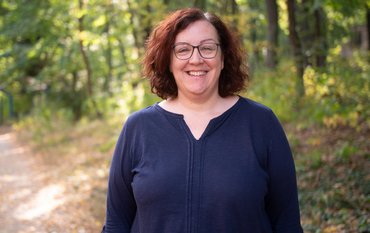
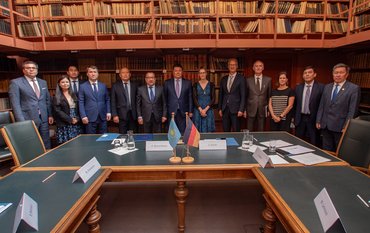

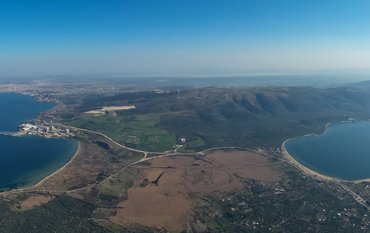
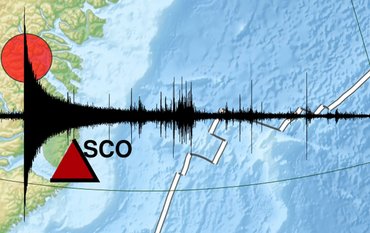
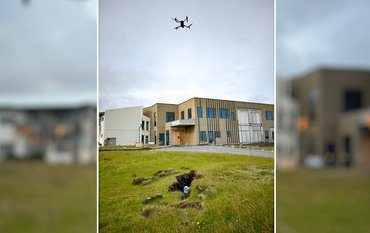
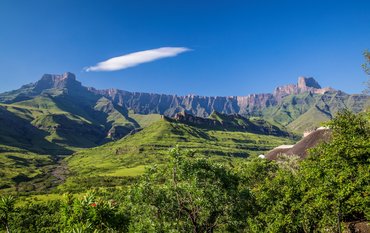
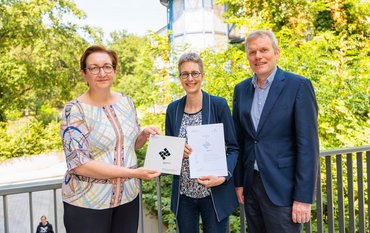


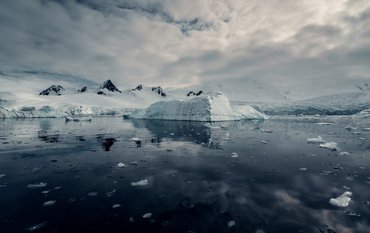
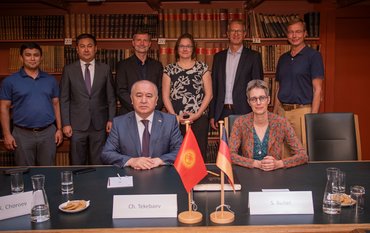
![[Translate to English:] Group photo with 7 people in front of a new metal plant in a large laboratory hall.](/fileadmin/_processed_/0/4/csm_20240628-GFZ_Einweihung_Triax-Anlage-PRESSE_Abb1_040_c-Bahlo-GFZ_187906cb48.jpeg)